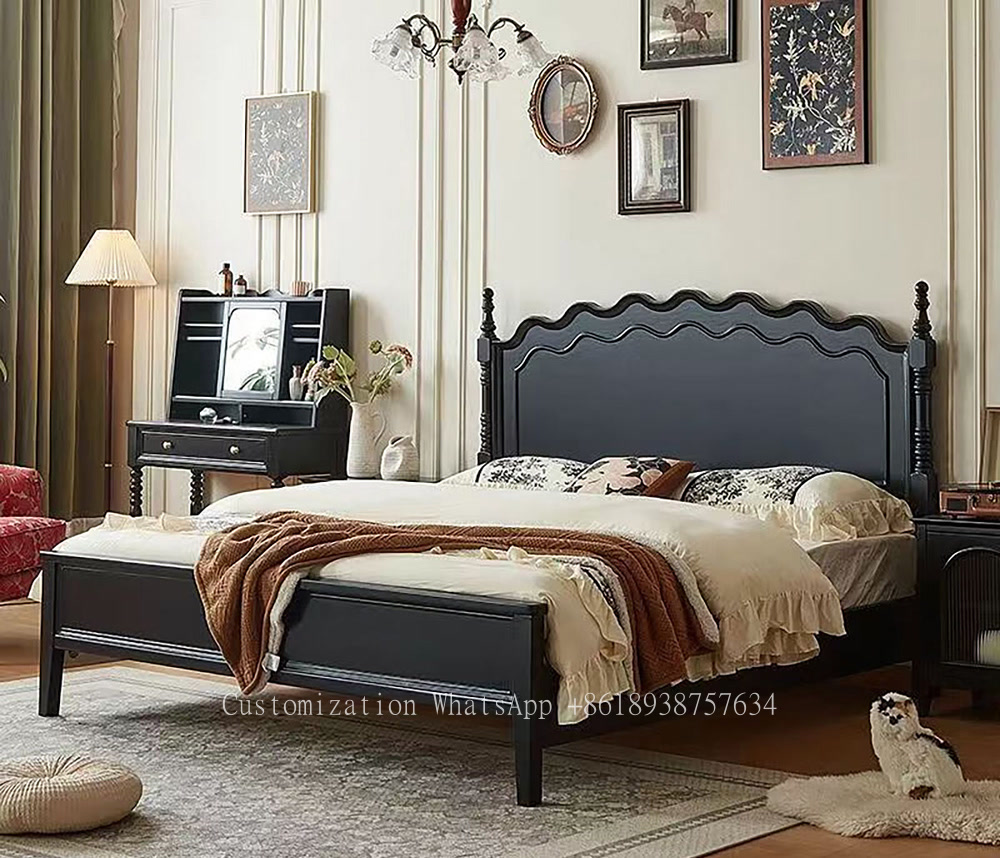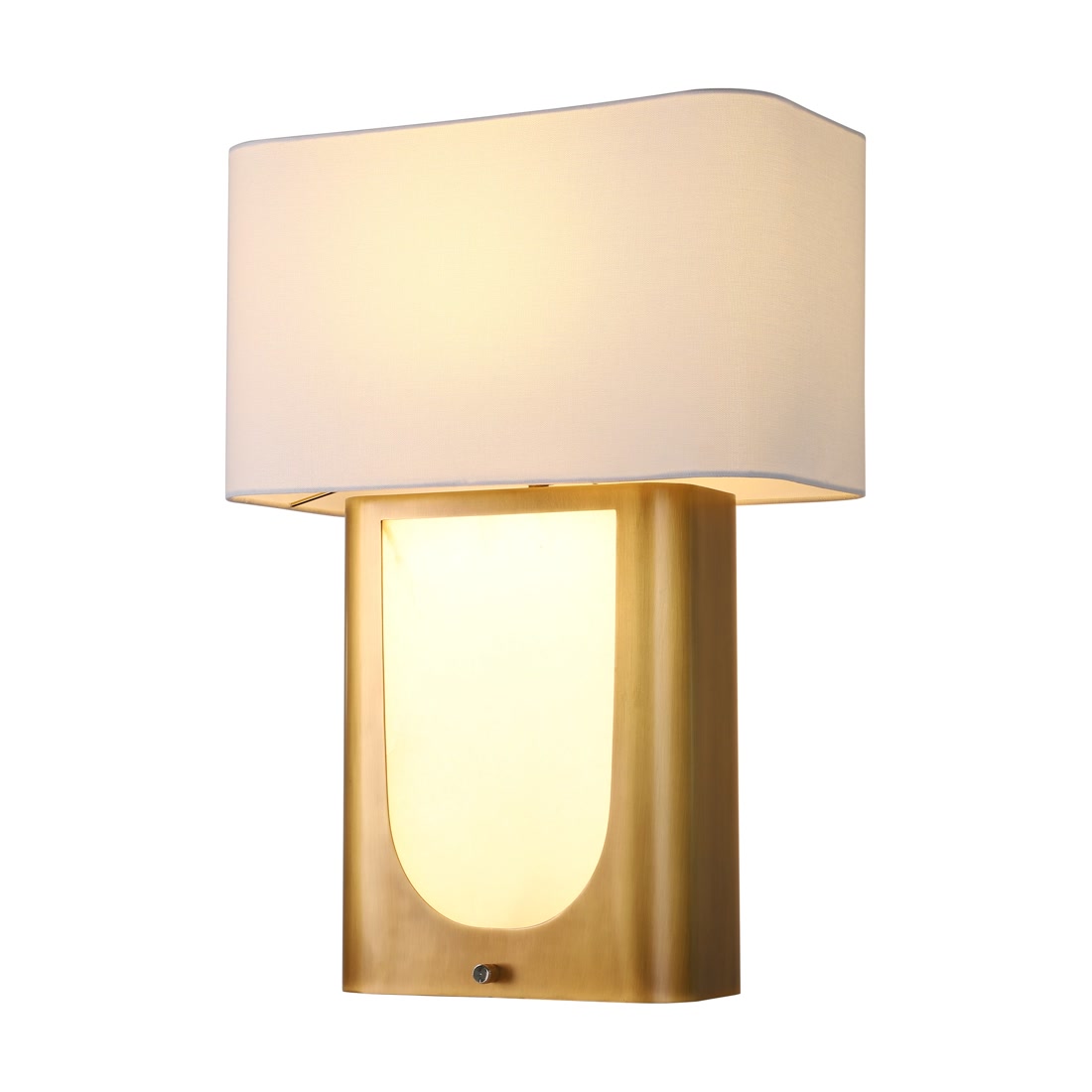Eco-Friendly Lighting: Discover Energy-Efficient Options for Your Home
Eco-Friendly Lighting: Discover Energy-Efficient Options for Your Home
In an era where sustainability is becoming more than just a buzzword, eco-friendly lighting solutions are gaining significant attention. Consumers are increasingly looking for ways to reduce their energy consumption and carbon footprint. This article will delve into various energy-efficient lighting options available for homes, making your space both stylish and sustainable.
Understanding Eco-Friendly Lighting
Eco-friendly lighting refers to illumination solutions that consume less energy and have a less negative impact on the environment. With advancements in technology, there are numerous options available that not only help lower electricity bills but also contribute to a greener planet. This guide will explore different types of eco-friendly lighting, their benefits, and some tips for implementation.
Types of Eco-Friendly Lighting

| Type of Lighting | Energy Efficiency | Average Lifespan | Initial Cost |
| LED Bulbs | 75% more efficient than incandescent | 25,000 hours | Higher upfront cost but lower lifetime costs |
| CFLs (Compact Fluorescent Lamps) | About 70% more efficient than incandescents | 10,000 hours | Moderate initial investment |
| Solar-Powered Lights | Uses solar energy, virtually no electricity cost | Varies by quality; typically around 5,000 hours | Higher initial cost; savings over time |
| Halogen Bulbs | About 25% more efficient than incandescents | 2,000 hours | Lower cost but shorter lifespan |
LED Bulbs: The Smart Choice
Light Emitting Diodes (LEDs) are arguably the most popular eco-friendly lighting option available today. They consume significantly less energy than traditional incandescent bulbs and have a substantially longer lifespan. Investing in LEDs can lead to significant savings on your electricity bills.
For instance, if you replace a 60-watt incandescent bulb with a 10-watt LED bulb, you can save approximately $75 over the life of the bulb, considering an average electricity cost of $0.12 per kWh in the United States. These reasons make them the go-to choice for energy-efficient lighting.
CFLs: A Solid Alternative
Compact fluorescent lamps (CFLs) are another popular choice for eco-friendly lighting. These bulbs use about 70% less energy than traditional incandescent bulbs and have a lifespan of about 10,000 hours. While they contain a small amount of mercury, the environmental impact can be minimized when they are properly recycled.
If you’re looking for an immediate improvement in energy efficiency and don’t mind a slightly longer warm-up time, CFLs present a valid and economical choice.
Solar-Powered Lighting: Harnessing Nature
For Outdoor lighting, solar-powered options are among the best eco-friendly solutions available. These lights utilize solar panels to convert sunlight into energy, making them completely independent of your home’s electric supply. While the initial investment might be higher, the cost savings on electricity and the positive environmental impact can be substantial over time.

They are perfect for illuminating pathways, gardens, and patios while reducing carbon emissions. Certain models even have sensors that turn them on and off automatically.
Halogen Bulbs: A Transitional Choice
Halogen bulbs are an improved version of incandescent bulbs, providing brighter light and better energy efficiency—up to 25% more efficient than traditional varieties. Although they have a shorter lifespan, their affordable initial cost makes them an accessible choice for those transitioning to more eco-friendly options.
Benefits of Eco-Friendly Lighting
Switching to energy-efficient lighting solutions comes with an array of benefits:
- Cost Savings: Reduced energy consumption leads to lower electricity bills.
- Environmental Impact: Lower carbon footprint associated with decreased energy use.
- Longevity: Longer bulb lifespan means fewer replacements and less waste.
- Healthier Home Environment: Fewer hazardous materials compared to traditional lighting options.
Implementing Eco-Friendly Lighting in Your Home
Transitioning to eco-friendly lighting involves a few straightforward steps:
- Conduct a Lighting Assessment: Identify which bulbs in your home can be replaced with energy-efficient options.
- Choose the Right Type: Depending on the area in your home, select the appropriate eco-friendly lighting option.
- Plan for Natural Light: Where possible, maximize the use of natural sunlight by using strategically placed Mirrors and lighter color paints.
- Take Advantage of Smart Technology: Consider smart bulbs that can be controlled via smartphone applications for better energy management.
Conclusion: Your Path to Sustainable Living
Eco-friendly lighting is not just a trend; it is a responsible choice for those looking to reduce their environmental impact while maintaining a beautifully lit home. Whether you opt for LED bulbs, CFLs, solar-powered lights, or halogen bulbs, each choice brings you closer to a sustainable lifestyle. By selecting energy-efficient options, you not only save on costs but also actively participate in the global effort to combat climate change.
Before making any changes, research your options thoroughly and consider the specific needs of each room in your home. Adopting eco-friendly lighting can significantly improve your quality of life while promoting a healthier planet. Let your home shine bright while also being kind to Mother Earth.
